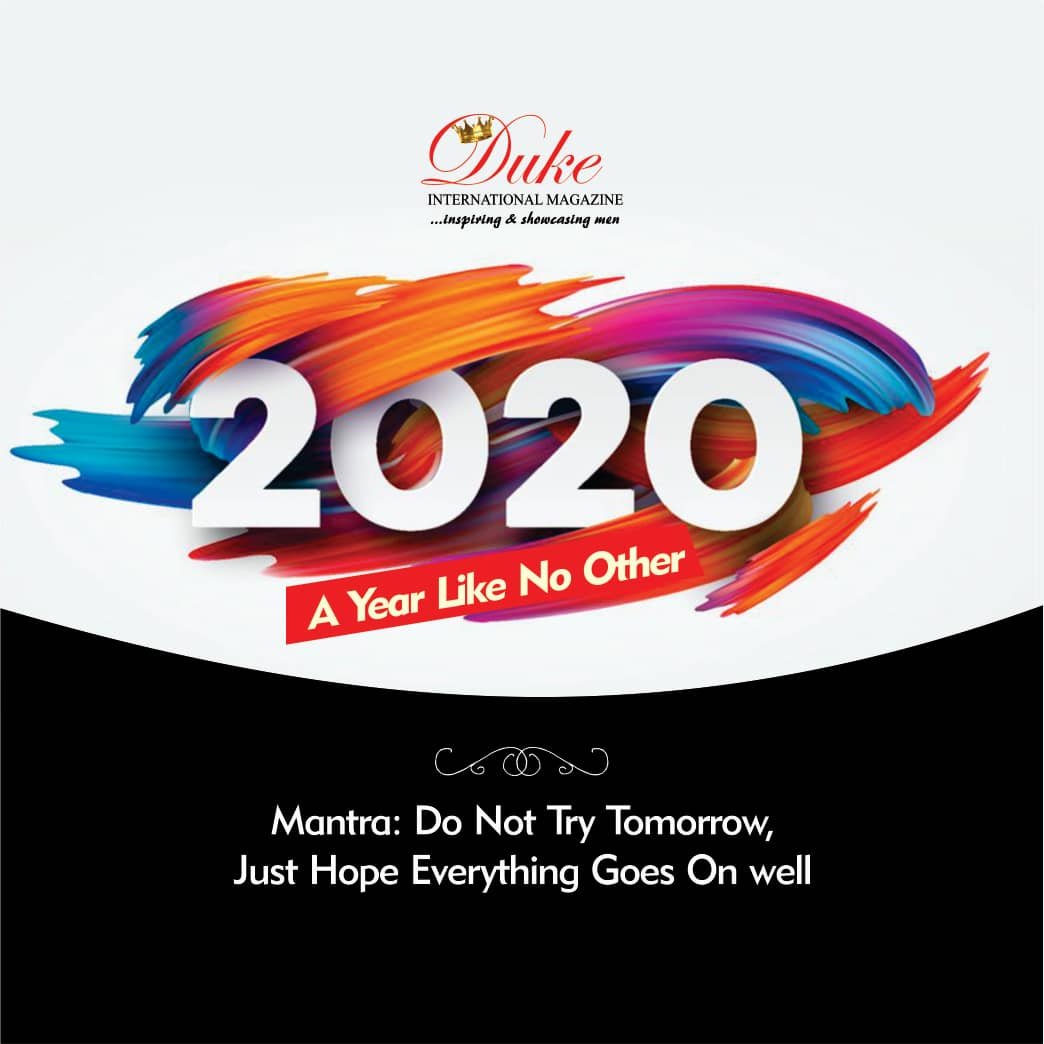We do not need to try tomorrow, all we that is required of us is to hope everything goes on well. At the dusk of 2019, the anticipation is invariably high for the good tidings and remarkable exploits that the wake of 2020 will usher to lives and world as resolutions are becoming bigger and the bars of hope raised.
However, the glimmer of hope became dim with unprecedented scenarios that engulfed the world to the shivering of lives. From the Coronavirus pandemic that taunted the world with wails and agony to the resurgence of the Black Lives Matter protest in the United States that affected lives and property. Meanwhile, these are just the notable ill-fated occurrences culminated to the year, but we will not shy away from other grave brouhaha like the EndSARS protest in Nigeria, genocidal child labor in Congo DR., Tigray war in Ethiopia, Hong Kong protest, Uganda political unrest, ethnic crisis in Cameroon, Mali protest, insurgence attack in different parts of the world, and other notorious effects impinged on lives. But, at the peak of all these, staying alive was the greatest priority to observe.
Apparently, there are also lessons to be learnt from the inadvertent curls of the year, especially from the novel pandemic that streamlined the world to a lockdown mode with a new normal lifestyle. Billions of people are in lockdown, unable to visit one another, unable go to work, unable to attend school, unable to meet one another in public places. People around the world are in desperate straights, struggling at home, in care homes and intensive care units, dying of the same cause, separated from their loved ones in their hours of need.
We are confronted with the true uncertainty of human existence and the true vulnerability of human life. How often have so many of us believed that we are supreme masters of the world around us.
We are brought face to face with the most basic questions of life. What are we here for? What have we done with our lives? What do we yet wish to do if given the opportunity? Who is truly important on our lives? What is it that we truly cherish? The pandemic leads us to some painful insights: If we know who is truly important to us and what we truly cherish, then why have we spent so little of our lives pursuing these things?
The Coronavirus shows us how terrible it really is to waste our lives, embroiled in endless battles for wealth and status and power. How terrible it really is not to recognize the value in the people around us, not just our family and friends, not just colleagues and fellow citizens, but also complete strangers. How terrible it is not to give our lives meaning, every hour of every day by honoring the sacredness of life and according all living things the respect, sensitivity and care that they deserve.
Above all, it shows us the importance of recognizing the true purpose of all our businesses and economies, our political parties and governments, our local civic associations and our international organizations, our conventions and ideologies, and all our other systems: namely, to serve human needs and purposes.
In most of our endeavors, we are interdependent. One individual cannot succeed without the cooperation of others. We cooperate at many different scales, local, regional and national. The Covid-19 pandemic highlights the danger of ignoring our interdependence and the importance of global cooperation. It shows us with crystal clarity that all of humanity is in the same boat. Since the virus can be defeated somewhere only when it is defeated everywhere, it shows us the terrible folly of pretending that we can achieve security in isolation, within the borders of our nation, culture, class or religion.
The entrepreneurial virtues that arose over 400 years ago promoted the hard work, honesty and trust that was required for flourishing market economies. Left-wing ideologies were conceived to protect the poor and disadvantaged from exploitation. Right-wing ideologies arose to highlight the importance of freedom. The corporation arose to help business manage risk in order to serve the public interest. National social insurance systems were developed to help cushion citizens from economic and health shocks. International organizations, such as the World Health Organization, arose from the recognition that the world faced global threats that called for global collaboration.
These are the burning questions that the Coronavirus sears into our conscience. Once this threat has been overcome and we awaken in the post-Covid-19 world, these are the questions that the next generation will level at us.
The Covid-19 pandemic lays our lives bare and forces us to appreciate our most essential needs and our highest values. It forces us to appreciate the true value of many people whose roles in society tend to be undervalued: the nurses, the hospital orderlies, the people sitting at the checkout counters in supermarkets, the delivery personnel, the many nameless strangers who suddenly offer help to the old and vulnerable.
The pandemic has revealed a vast sea of kindness and benevolence in our communities around the world. It has led to countless acts of selfless heroism in hospitals and care homes. It has impelled many of us to use our greatest strengths to serve our greatest purposes, suddenly giving our lives new, inspiring meaning.

